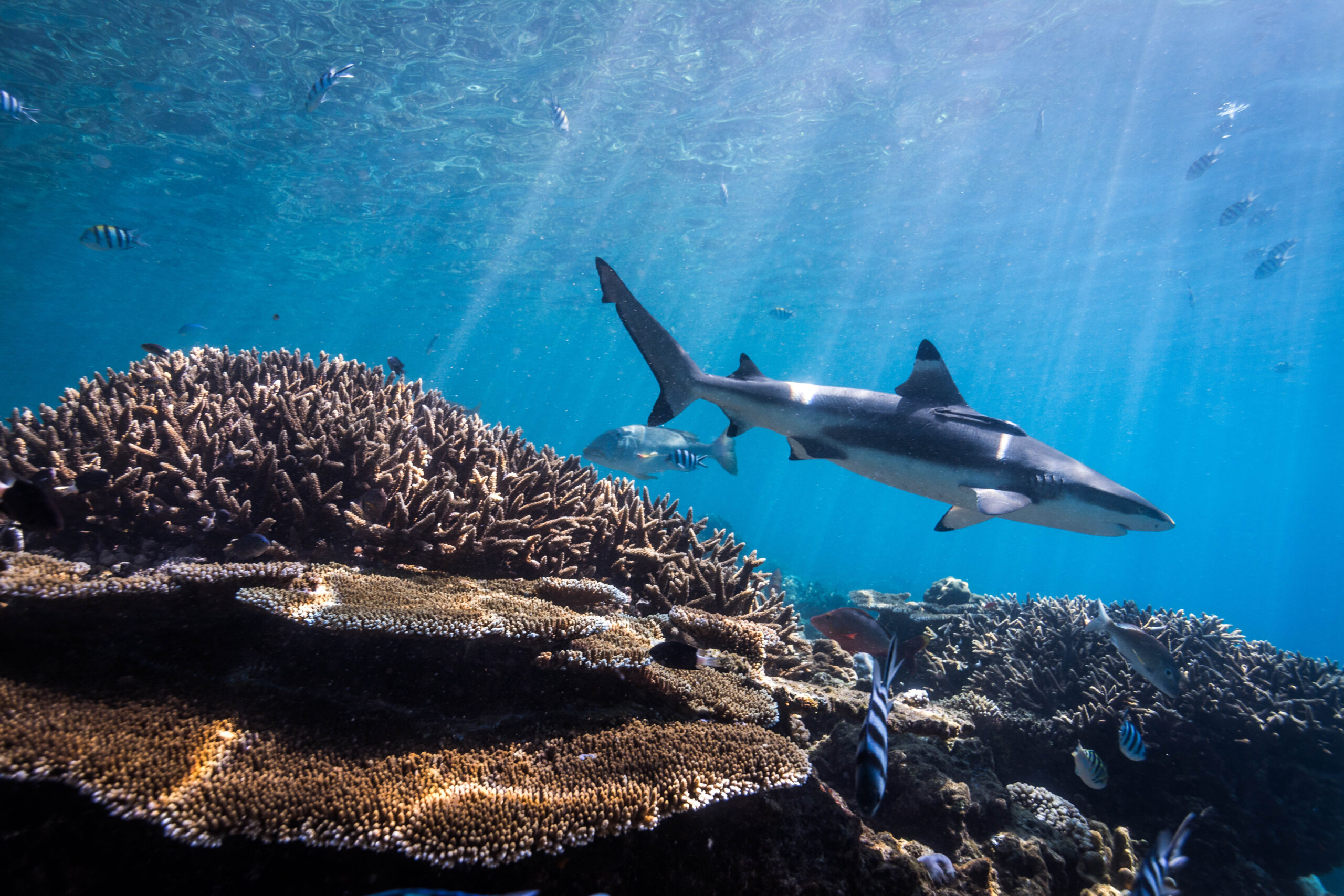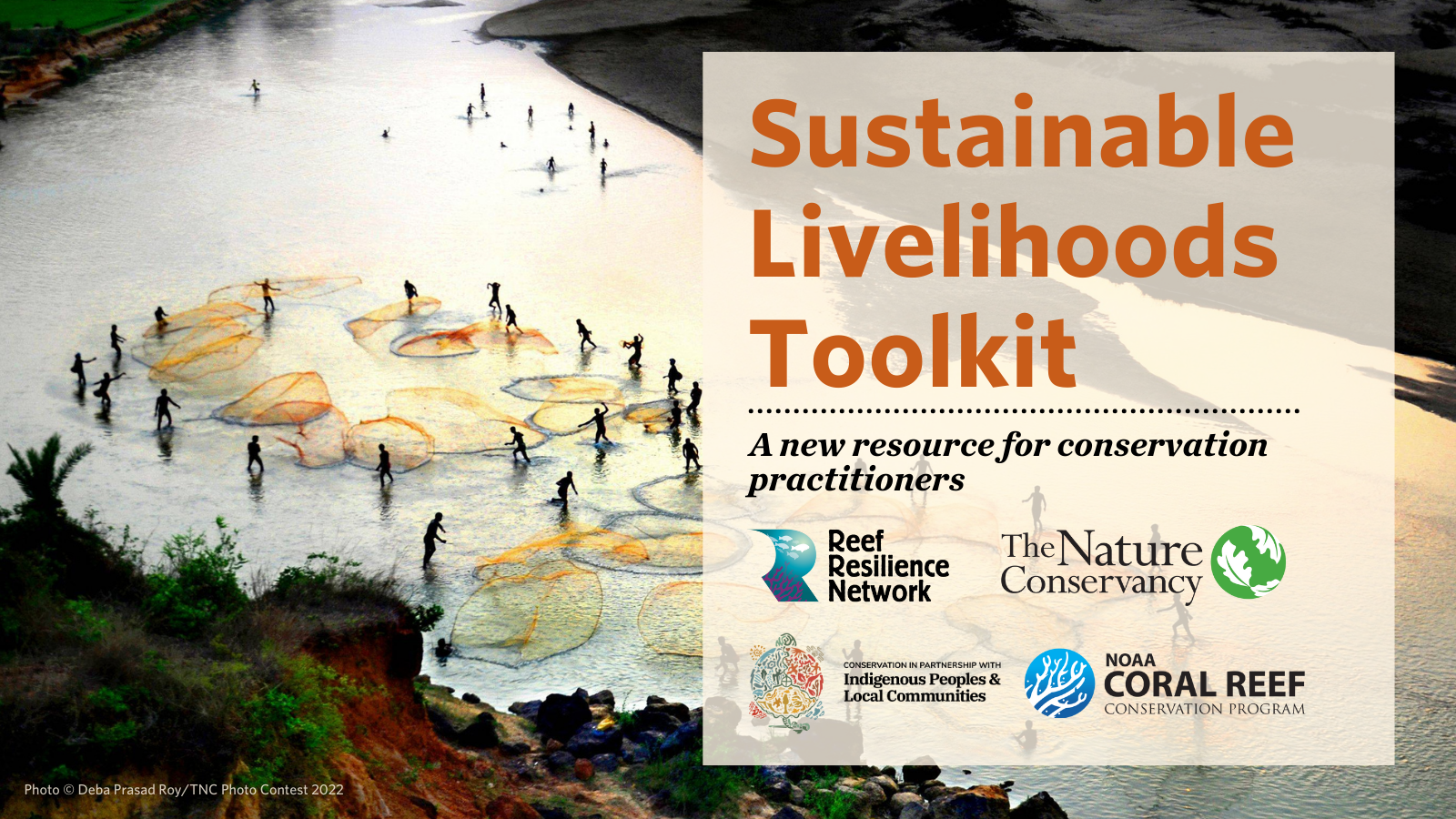In this study, researchers examined the effect of benthic organisms on coral recruitment and early post-settlement survivorship on the Mesoamerican Barrier Reef over three years. Using terra cotta settlement plates to mimic substrate on coral reefs, researchers found that a ‘coral recruitment window’ may exist during which benthic composition is optimal for settlement. Additionally, results showed that coral recruits preferentially settle on biofilms, calcareous polychaete tubes, and crustose coralline algae, and that recruitment inhibitors like encrusting sponges may be limiting coral recruitment and early survival. This poses a threat to Caribbean reefs as encrusting sponges are growing in prominence in these reef systems.
Additionally, the study confirmed that recruitment of new corals in Caribbean reefs is drastically low; regardless of settlement substrate, only 10 percent of recruits survived during the course of this 3-year study.
Author: Arnold, S.N. and R.S. Steneck
Year: 2011
View Full Article
PLoS ONE 5(5): e10437. doi:10.1371/journal.pone.0010437


